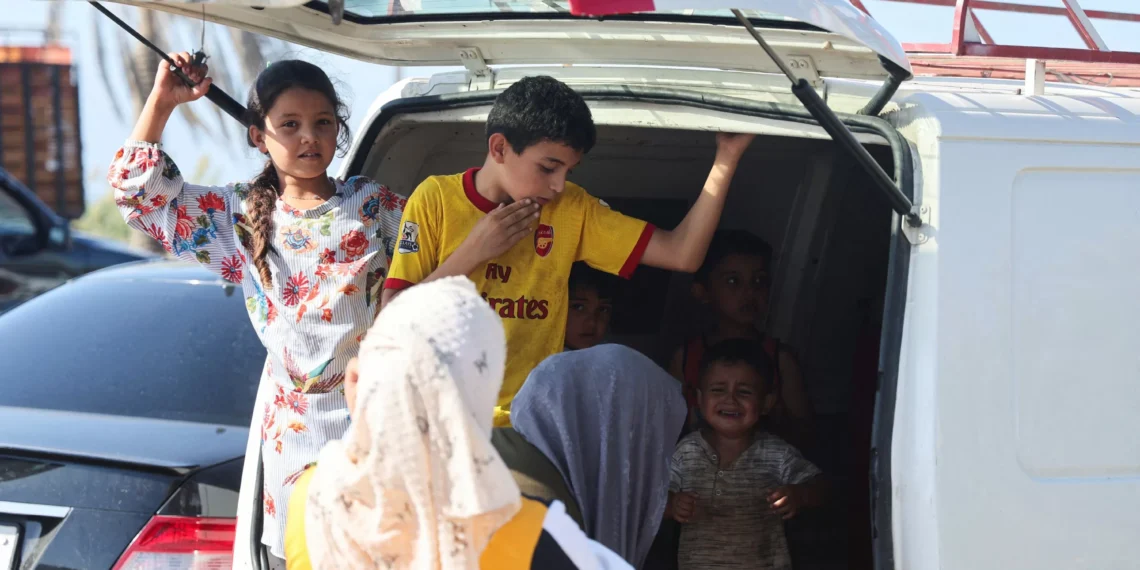UNICEF Warns of Catastrophic Impact on Children in Lebanon Amid Escalating Conflict
In the face of escalating conflict between Israel and Hezbollah, UNICEF has issued a dire warning about the potential catastrophic impact on children in Lebanon. The organization urged an immediate de-escalation, stressing the urgency of protecting the most vulnerable in times of crisis.
On Monday, alarming reports of intensified airstrikes and missile attacks in southern Lebanon prompted UNICEF to speak out. According to the organization, children in the region are facing unimaginable levels of violence and fear, with their lives being forever changed by the ongoing conflict.
In a statement, UNICEF Representative in Lebanon Yukie Mokuo highlighted the devastating impact on children, saying, “The escalating violence is taking a heavy toll on children in Lebanon. They are being forced to live through a nightmare that no child should ever have to experience.”
The situation is particularly alarming for the estimated one million children who live in the southern region of Lebanon, which is a stronghold for Hezbollah. The area has been heavily targeted by Israeli airstrikes, resulting in the displacement of thousands of families and causing widespread damage to homes, schools, and health facilities.
UNICEF has called for an immediate ceasefire and the protection of civilians, especially children who are the most vulnerable in times of conflict. The organization has also stressed the importance of ensuring access to essential services such as healthcare, clean water, and education for children in affected areas.
The impact of the conflict on children goes beyond physical harm and destruction. The constant fear and trauma that they are experiencing can have long-lasting psychological effects. UNICEF has expressed concern about the mental health of children in Lebanon, stating that many are showing signs of severe distress and trauma.
In order to address these urgent needs, UNICEF is working tirelessly to provide lifesaving support to affected children and their families. The organization has been providing emergency healthcare, safe drinking water, and psychosocial support to children in affected areas.
However, UNICEF’s efforts are being hindered by the ongoing conflict, which has made it difficult to reach children in need. The organization has called for all parties to ensure the safe passage of humanitarian aid and personnel, allowing them to reach children in the most affected areas.
As the conflict continues to escalate, UNICEF has warned that the situation for children in Lebanon will only worsen. The organization has called on all parties to immediately de-escalate and prioritize the safety and well-being of children in their actions.
In addition, UNICEF has urged the international community to provide support for the organization’s emergency response efforts in Lebanon. With the country already facing multiple crises, including economic collapse and the COVID-19 pandemic, the needs of children in the region are more urgent than ever.
In conclusion, UNICEF’s warning about the catastrophic impact of the conflict on children in Lebanon is a call to action for all parties involved. It is imperative that immediate steps are taken to protect children and ensure their well-being in the midst of this crisis. The future of the country and its children depends on it.







